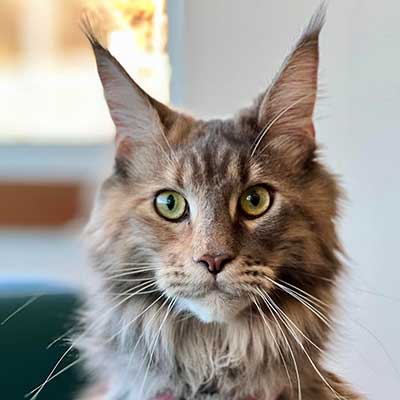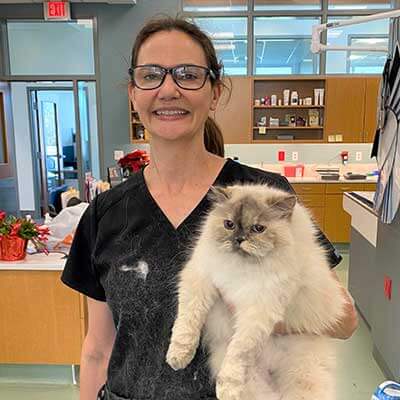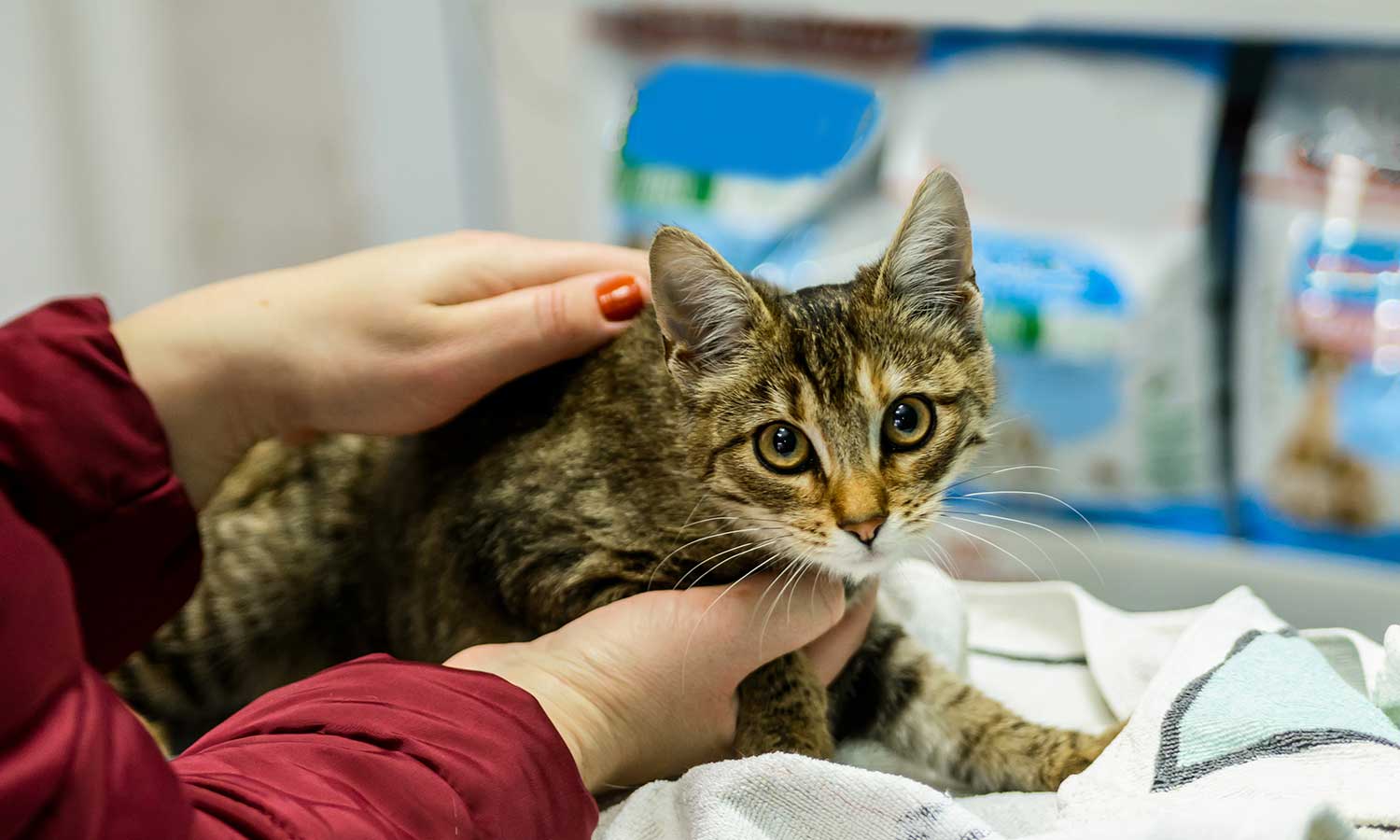Comprehensive Cat Care for Feline Health and Happiness
At Crossover Veterinary Clinic, we understand that cats require specialized care to ensure they live healthy and happy lives. Our comprehensive feline services are designed with your cat’s unique needs in mind.

Understanding Your Cat's Needs
Cats have specific healthcare requirements that differ from dogs. Our veterinary team is dedicated to providing the best possible care for your feline friend. We are members of the American Association of Feline Practitioners (AAFP), ensuring we stay up-to-date on the latest feline medical advancements.
A Calm and Comfortable Environment
We understand that many cats can experience stress during vet visits. Our dedicated cat-only exam room creates a quieter, less intimidating atmosphere. We use calming pheromones like Feliway to help reduce anxiety. For particularly anxious cats, we offer medication options to make visits easier.
Preventive Care for a Longer, Healthier Life
The healthcare needs of cats vary throughout their lifetimes. That’s why we provide tailored care for your cat throughout their life:
- Kittens: We monitor growth and development, administer necessary vaccinations, and provide guidance on nutrition and behavior.
- Adult Cats: We focus on preventive care, including vaccinations, dental exams, and parasite prevention.
- Senior Cats: We offer comprehensive geriatric care, including bloodwork, dental exams, and monitoring for age-related conditions.
Our experienced veterinarians are skilled at detecting subtle signs of health issues. Cats are masters at hiding illness and injury, so annual checkups allow our team to catch health concerns sooner.

- Annual Exams: Regular checkups are crucial for early detection of health issues.
- Vaccines: We tailor vaccination plans based on your cat's lifestyle and risk factors, including Feline Leukemia (FeLV) and FIV testing.
- Bloodwork: Routine bloodwork helps establish a baseline for your cat's health and monitor for early signs of disease. We recommend a young adult panel for younger cats, and a geriatric panel for cats aged 8 and older.
- Dental Care: Regular dental exams and cleanings are essential for preventing painful oral issues.
- Indoor/Outdoor Cats: For outdoor cats, we recommend year-round tick prevention to protect against deadly diseases like Bobcat Fever and Rocky Mountain Spotted Fever. Indoor cats that share a home with outdoor dogs should also be on tick prevention.
- Feline Boarding: When pet owners travel, we can provide a safe, cozy place for cats to stay. Our feline-only boarding area provides a quiet and relaxing environment.
There are many things about a cat’s health that pet owners can’t control, but routine veterinary care can help them live a longer, healthier life. At Crossover Veterinary Clinic, we're here to help you provide the best possible care for your cat. Schedule an appointment today.

